Irish Migrants in New Communities
Irish Migrants in New Communities
Seeking the Fair Land?
Edited by
Mchel hAodha and Mirtn Cathin
LEXINGTON BOOKS
Lanham Boulder New York Toronto Plymouth, UK
Published by Lexington Books
A wholly owned subsidiary of Rowman & Littlefield
4501 Forbes Boulevard, Suite 200, Lanham, Maryland 20706
www.rowman.com
10 Thornbury Road, Plymouth PL6 7PP, United Kingdom
Copyright 2014 by Lexington Books
All rights reserved. No part of this book may be reproduced in any form or by any electronic or mechanical means, including information storage and retrieval systems, without written permission from the publisher, except by a reviewer who may quote passages in a review.
British Library Cataloguing in Publication Information Available
Library of Congress Cataloging-in-Publication Data
Irish migrants in new communities : seeking the fair land? / edited by Mchel hAodha and Mirtn Cathin.
pages cm
Includes bibliographical references and index.
ISBN 978-0-7391-7382-4 (clot : alk. paper) -- ISBN 978-0-7391-7383-1 (electronic)
1. Irish--Foreign countries. 2. Ireland--Emigration and immigration--History. I. hAodha, Mchel, 1969- II. Cathin, Mirtn.
DA927.I76 2014
305.8916'2--dc23
2014004683
 TM The paper used in this publication meets the minimum requirements of American National Standard for Information Sciences Permanence of Paper for Printed Library Materials, ANSI/NISO Z39.48-1992.
TM The paper used in this publication meets the minimum requirements of American National Standard for Information Sciences Permanence of Paper for Printed Library Materials, ANSI/NISO Z39.48-1992.
Printed in the United States of America
Introduction
This book, which follows on from our New Perspectives on the Irish Abroad: The Silent People? volume, aims to continue some of the themes established in that work, but also to develop different discussions and new pathways. This derives from a respect buried deep in Irish tradition for the individuality and instrumentality of the narrative, which is sometimes lost in conceptual models and empirical methods. It is more than myth that the Irish have, in all their guises and even rejections of the name, railed against strictures and categorizations. Diaspora as an idea encapsulates in many ways such strictures, but form as much as concept creates silences as well as cacophonies. The personal, the community and the moment are often lost in the process of standing in the shadow of a bigger idea or method. In this sense the time to step out of the shadow of diaspora or migration may well have come, and not to seek other overarching models but perhaps to think within rather than across the narrative. Connectivity can still exist in this process as it exists in all human interactions but there is nothing wrong with a little chaos now and then.
It may seem impertinent to suggest such a course but some research including that notably of Bruce S. Elliott in relation to Canada, has already emphasized the importance of the individuality of migrant narratives and this has been recognized in a sense for even longer through the medium of the study of emigrant correspondence. But what of orality, a key theme in our earlier collection? How do we channel and reverberate the echoes of the obscure and neglected? Such questions proved a central concern of our sister collection, which has endeavored to privilege those narratives not normally heard. This theme continues with this book and focuses particularly on those experiences or encounters not normally accorded much attention or value. We also break, as in New Perspectives on the Irish Abroad work, with the rigidities and formalism of academic history where it collides, for example, in Jay Tunneys contribution, with the freehanded expression of lived traditions and perceptions of family, memory, and community. In a similar way, Bridget Connellys relation of the experience of forgetting as well as remembering unpacks the process of rediscovery she personally went through whilst drawing on broader academic themes and specialisms. Her Graceville Connemaras are brought to dramatic life while Gerard Moran provides us in his fascinating and forensic account of their passage to America, with a chapter exploring the context of this not widely known episode of Connemara emigration. The United States is also the setting for chapters looking at how the Irish embrace of soldiering and the rigors of hard rock mining enabled them in different ways to fit in and shape up in the new communities they not only entered but in entering that they fundamentally altered. This dynamic of interactions at the heart of this work also characterizes the unusual in Malcolm Campbells groundbreaking account of the Irish in the South Seas, Tara Mannings look at the often hidden lives and work of nuns in both India and Canada, and Kate OMalleys analysis of the Irish in post-colonial India. Drawing both on the oral history focus of our first volume and the importance of cultural tradition in coming to terms with the idea of exile, chapters from Nomie Beck and Gearid hAllmhurin on the persistence of Irishness in a Francophone environment and that by Lachlan Whalen on the internal exile of imprisonment made bearable if not overcome with the aid of music add individuality and originality to this collection.
Such is the background to this volume whose focus is domicile or itreabh, literally placeness in Irish Gaelic, a word that signifies situation but not necessarily settlement and rarely if ever equates to home. This is partly because the essays that comprise this volume show sometimes the challenges and sometimes the problems of situation: its precarity, temporary nature and strangeness or what the Scots call fremmit. As a result we consider voluntary and involuntary exile, linguistic challenges, conflict, coalescence, and legacy whilst bearing in mind Don Akensons recent hope that at some distant point, the disjuncture in each European nations history between the pain so many migrants experienced at home and the pain they inflicted, however indirectly, in their new land will be joined into a single narrative. Such a grand scheme is beyond the humble aspirations of this book, though it is perhaps in a limited way also challenged in some respects by seeing the Irish as victims on occasion of new environments.
The subtitles of our books have been chosen from the canon of the popular Galway novelist Walter Macken, whose works grace the shelves of many Irish migrants and speak like his character from The Silent People, Una McMahon, of the themes of dislocation, social mobility and the reconfiguration of self:
You must always go up in this world, she said. You must never go down, even if you know that in going down you may be going up. It is all very hard to explain. All I can say is that it is lonely to be lost in the middle.
In concluding, it is incumbent upon historians of Irish migration to look forward as well as back in attempting to find new roads through the thicket of diaspora which has in some ways overgrown our attempts to offer fresh perspective. With emigration from the Republic of Ireland reportedly at its highest level in twenty-five years, the question of what traces will be left in the future presents itself. Life story approaches, however, are likely to dominate as migrants narrate their own experiences in real time across an ever-growing range of social media. Will future historians corral these for the cause of a diasporic model? Whatever the case it is clear that the exodus from Ireland has reentered the life cycle of many people north and south and may not leave any time soon.
Notes
Bruce S. Elliott, Irish Migrants in the Canadas: a new approach

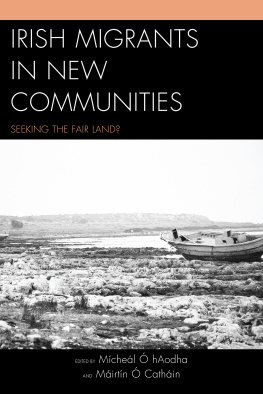
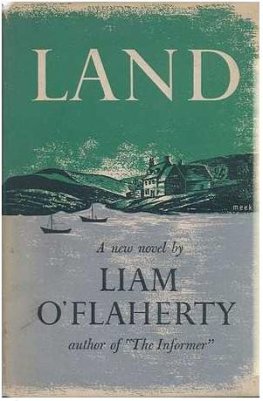
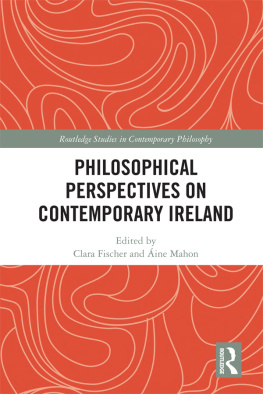

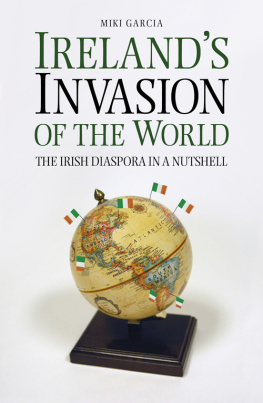
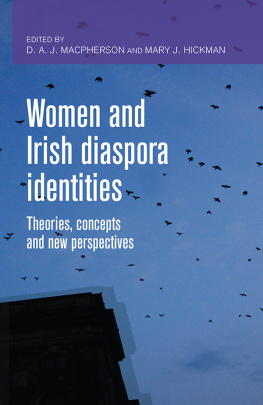
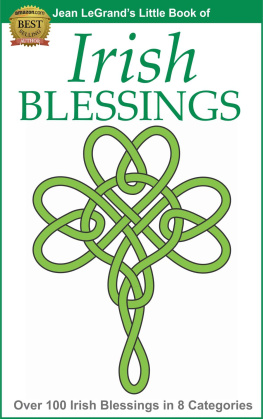
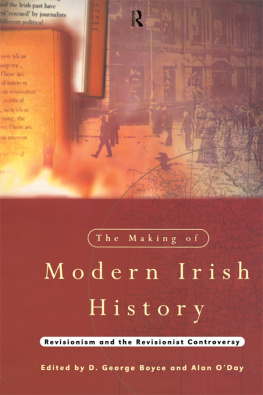
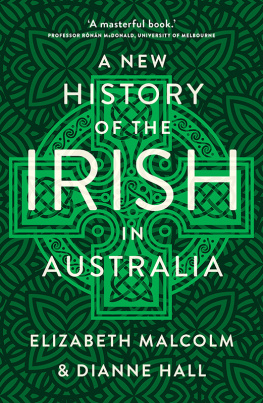
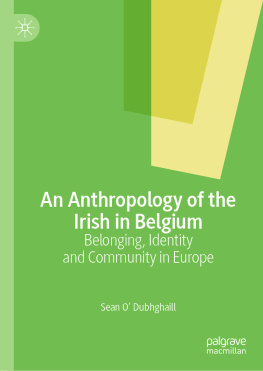
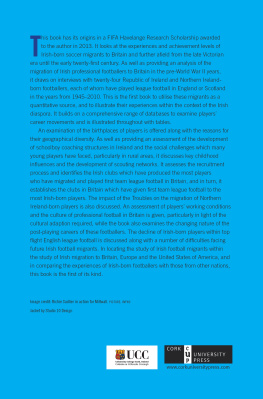
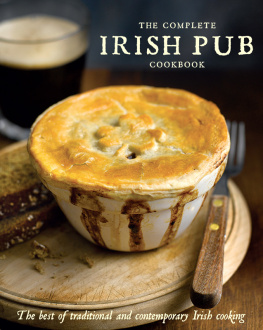
 TM The paper used in this publication meets the minimum requirements of American National Standard for Information Sciences Permanence of Paper for Printed Library Materials, ANSI/NISO Z39.48-1992.
TM The paper used in this publication meets the minimum requirements of American National Standard for Information Sciences Permanence of Paper for Printed Library Materials, ANSI/NISO Z39.48-1992.